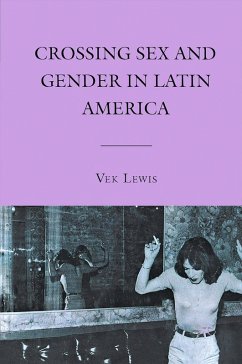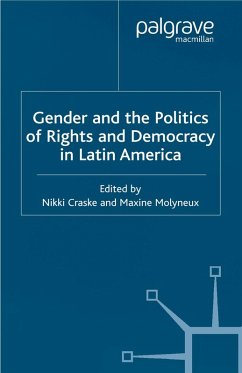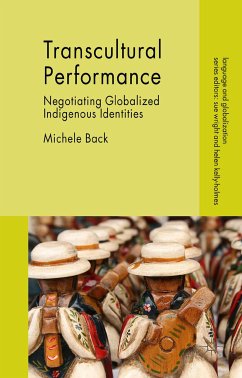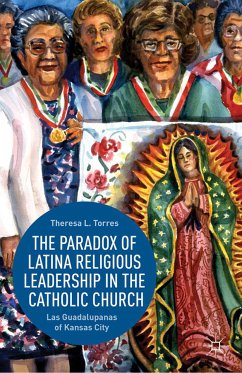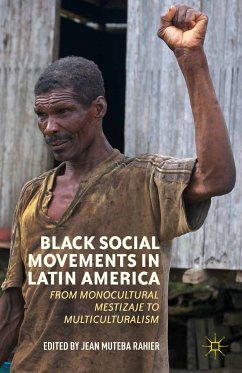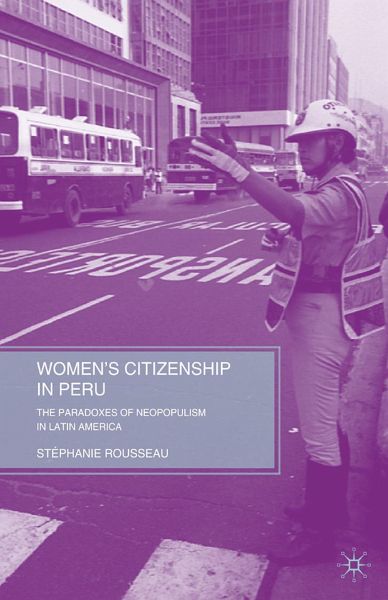
Women's Citizenship in Peru (eBook, PDF)
The Paradoxes of Neopopulism in Latin America
Versandkostenfrei!
Sofort per Download lieferbar
40,95 €
inkl. MwSt.
Weitere Ausgaben:

PAYBACK Punkte
20 °P sammeln!
This book considers neopopulism as a central issue to understand patterns of women's citizenship construction in many countries of contemporary Latin America. It also explains the paradoxes entailed for women's participation and citizenship rights.
Dieser Download kann aus rechtlichen Gründen nur mit Rechnungsadresse in A, B, BG, CY, CZ, D, DK, EW, E, FIN, F, GR, HR, H, IRL, I, LT, L, LR, M, NL, PL, P, R, S, SLO, SK ausgeliefert werden.




